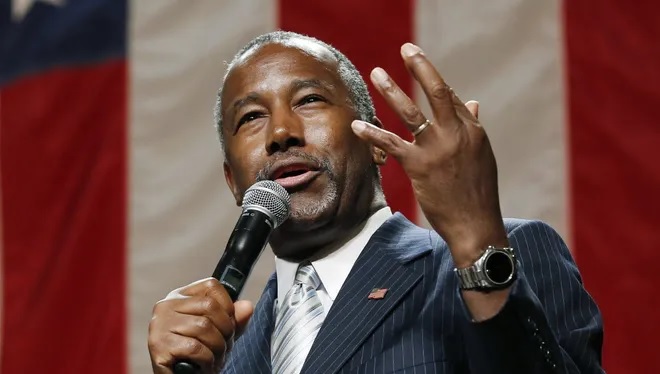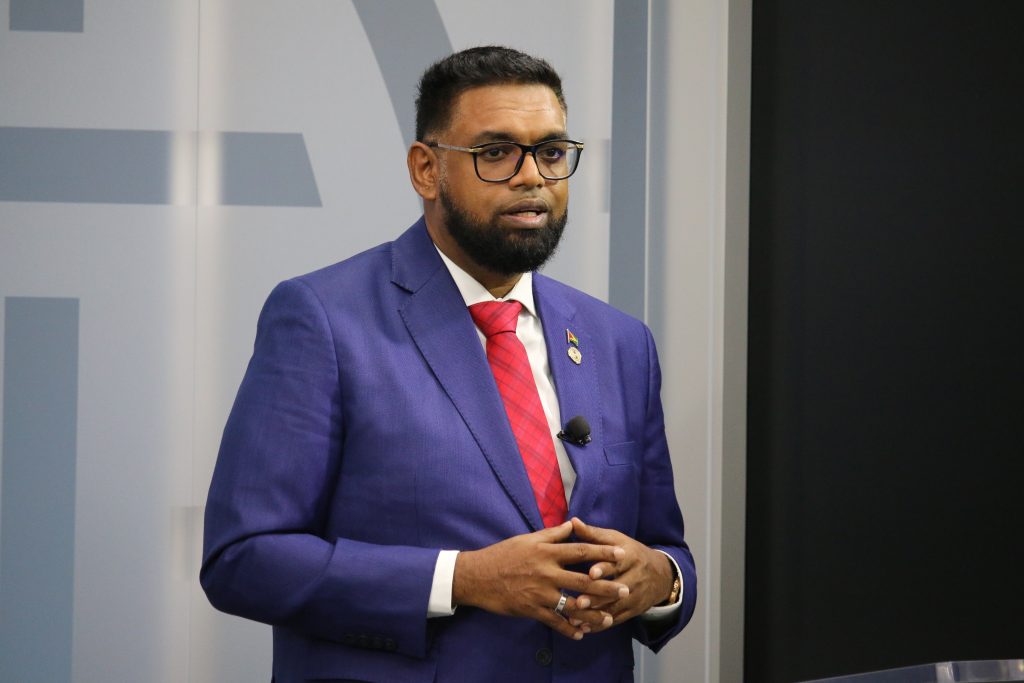Ben Carson, a retired neurosurgeon and former member of the Trump administration, expressed to The Daily Wire his concern that diversity, equity, and inclusion (DEI) initiatives could hinder American ingenuity and impede the pursuit of excellence.
Carson, who served as Secretary of the Department of Housing and Urban Development under former President Donald Trump, voiced on Monday his apprehension regarding the impending negative impacts of DEI in the field of medicine. Reflecting on his own journey from poverty to becoming a renowned surgeon, Carson advocated for uniform standards rather than identity-focused approaches.
He emphasized the importance of elevating everyone to the same standards rather than compromising excellence to accommodate more individuals. Carson deemed the DEI argument illogical when striving for excellence.
Carson recounted experiences of being pressured within his own company to meet quotas for women in higher-level positions, emphasizing his preference for prioritizing experience and qualifications in hiring practices.
Reflecting on his childhood experiences witnessing racial segregation, Carson acknowledged societal progress while cautioning that DEI initiatives might regress race relations. He criticized DEI for potentially favoring one group over another and exacerbating tensions rather than fostering improvement.
According to Carson, companies adopting DEI initiatives were prioritizing short-term gains and appeasing activists rather than considering the long-term consequences. He criticized corporate leaders for disregarding the adverse impact of DEI on excellence and innovation, likening their approach to an ostrich burying its head in the sand.
Carson warned that a focus on DEI could divert attention from entrepreneurship and hinder the development of new inventions, highlighting the unique environment in the United States that historically encouraged innovation and entrepreneurship.
His remarks coincided with criticism directed at major medical schools for integrating DEI principles into their curriculum, including discussions on colonialism and liberation during medical education.
 Telegram is where we really talk. Don't miss out!
Telegram is where we really talk. Don't miss out!







